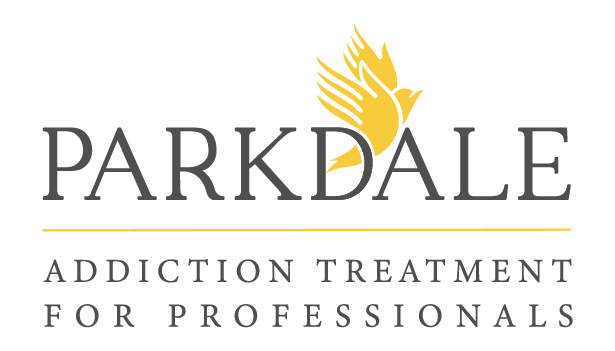By: Ethan Bickelhaupt
For the addict looking to make some real changes in his or her life concerning their addiction, it goes without saying that there can be some really challenging steps that need to be taken on the part of the addict in order for real change to occur. A little bit of courage, a real desire to change and a willingness to get help are among the stepping stones of an addict’s journey that can lead to major milestones of recovery. This isn’t, by any means, something that is meant to be taken lightly and it also goes without saying that even these seemingly “small steps” can be difficult to even muster the strength to take. Many have had the courage to step out and take the path leading to the road of recovery, some falling short of their goal, but many pushing through, getting back up and continuing to move toward that goal of success. In spite of difficulties that arise including potential relapse, the constant temptation to use again, the shaming from outsiders and more, the addict/warrior presses on trying to remain strong, doing all they can to become the person they desire to be.
So imagine when to their horror, despite their efforts to take those initial first steps, they find out that their health insurance is very limited. In some cases, insurance companies may only make provisions for treatment up to 30 days or even worse, may not provide coverage for treatment at all. When it comes to small businesses, the latter is often the case, not being financially sound to take on such a health plan means often leaving their employees to fend for themselves in the struggle to obtain mental, behavioral, and substance abuse healthcare. For some, 30 days or less may be all that is required for them to recover from the horrors of addiction, but for so many others, 30 days may only be enough to scratch the surface of recovery. Not having the proper resources and/or the necessary recovery time could lead to disappointment and a push into the relapse the addict so vehemently fears and despises.
Dramatic as it may seem, the unfortunate reality is that many are faced with this issue and despite legislative measures being taken, Healthcare Reform continues to be the 500 pound elephant in the room. Thankfully, more measures are being taken to improve it. Here are some facts concerning the matter now. According to The Fix: “The Mental Health Parity and Addiction Equity Act mandated that health plans that cover substance abuse do so on equal footing with other types of diseases in terms of co-pays, deductibles, treatment limitations and other factors. But the act did not require coverage of substance abuse. The Affordable Care Act then mandated coverage of mental health and substance abuse for both Medicaid and private plans offered on the state and federal health care exchanges.” (https://www.thefix.com/content/insurance-coverage-substance-abuse-improving-still-limited)
The good news is that things are on the upswing concerning these matters and much is being done to improve upon making coverage more readily available as needed for those struggling with addiction. Parkdale is happy to discuss financial options and will do all we can to help potential clients obtain the necessary treatment available to get them on the road to recovery. For more information on this topic and to find out alternatives in insurance options, visit: https://www.thefix.com/content/insurance-coverage-substance-abuse-improving-still-limited and for more information on Parkdale Center visit us at parkdalecenter.com.



